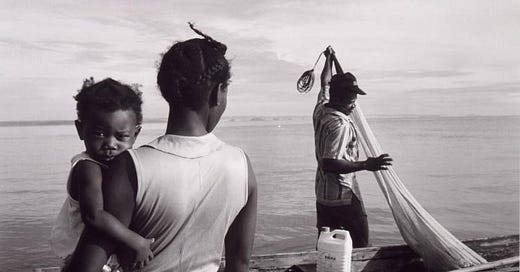I am enjoying reading Michael Shellenberger’s new book. It’s not the manifesto of scientism I gather some want it to be. You can’t walk away from it juiced up on phrases like ‘The science is in.’ What’s special about it is the kind of Euell Gibbons honesty of somebody who is as vegetarian, communist, agrarian for the little guy as it’s possible to get. …
Keep reading with a 7-day free trial
Subscribe to Stoic Observations to keep reading this post and get 7 days of free access to the full post archives.





